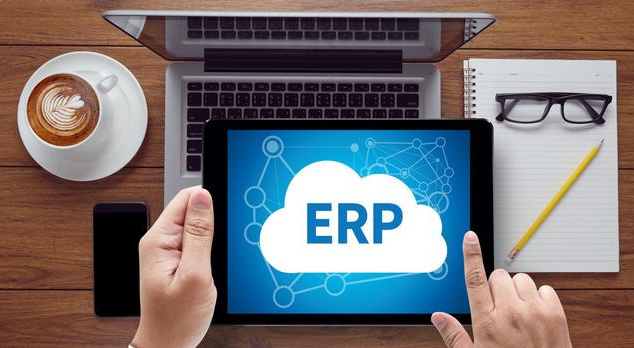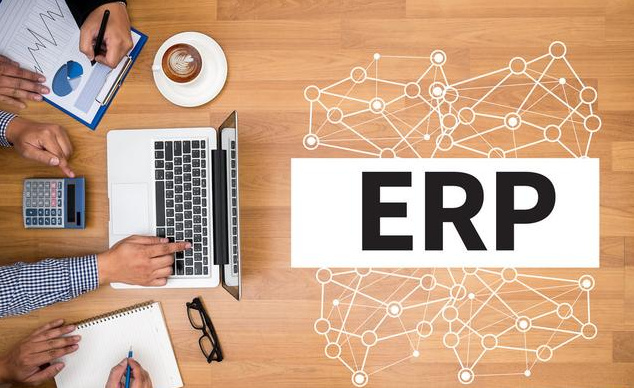More and more companies are reluctant to move ERP to cloud space, mainly because processes and data are a big bastion. We all know that ERP is the company's key business management system, including data related to large-scale sales and sales, so more and more companies are dragging their backs on the cloud, so they decisively refuse to accept the cloud. However, ERP migration is indeed an inevitable trend. If it is not on the cloud, it will not only reduce the company's IT management efficiency, but also may cause the company's sales business to lose its core competitiveness in the sales market. Therefore, the transfer of ERP to the cloud space, although it is a "tough battle", but there is no other choice.
So, what are the benefits of the cloud ERP system? Why do we have to transfer ERP to the cloud space? The following three reasons may help the company build confidence in ERP!

First, a higher safety factor. In the minds of most people, I feel that the cloud is not safe. In fact, it is not the case. In fact, the safety factor guaranteed by the public cloud is more reliable than the local network deployment method. In addition, with the improvement of cloud security knowledge, there are more and more cloud security-based solutions on the market, which can guarantee the security factor of enterprise applications and data. Despite the fact that Yunan’s insecure topic has been re-emphasized, it is indeed the company’s long-standing concern.
Second, get the data as soon as possible. Many people take it for granted that as long as ERP is transferred to the cloud space, you can get a higher data browsing experience. In fact, this is not the case. More and more cloud-based ERP systems, despite the cloud, are still not accessible if they operate in different databases. Therefore, in order to get a higher browsing experience, try to avoid the application of private, fully enclosed database management. In addition, after the ERP is transferred to the cloud, the data platform can be basically opened, allowing us to obtain data, and then the data is imported into other analysis software, relying on new statistical analysis methods, such as machine learning, algorithm learning, etc., to deepen the exploration. Data use value. Only in this way will the company feel the wonderful experience of statistical analysis of data. Of course, the company will also pay a large sum of money for IT expenses. It is necessary to comprehensively weigh the pros and cons according to the actual situation of the actual sales business.

Third, lower IT costs. Reducing the cost of IT is a big driving force for ERP to move to the cloud. There is no need to make too many remarks, and a consensus has already been reached. No need to purchase hardware configuration or IT system maintenance, of course, will reduce IT costs. Of course, for the company, the use value of cloud ERP should not be limited to this. At this stage, the most wanted thing for cloud ERP service providers to do is to improve the security factor of the cloud as soon as possible and gradually improve the experience of data browsing. This is more critical than the cost and cost, which determines whether the company is ultimately Reduce the overall cost of IT.
If the company does not consider whether it is moving to the cloud, it can allow itself to have an adjustment period; but in the end, the general direction must be established, that is, to give your ERP system a continuous direction toward the general direction of the cloud.
